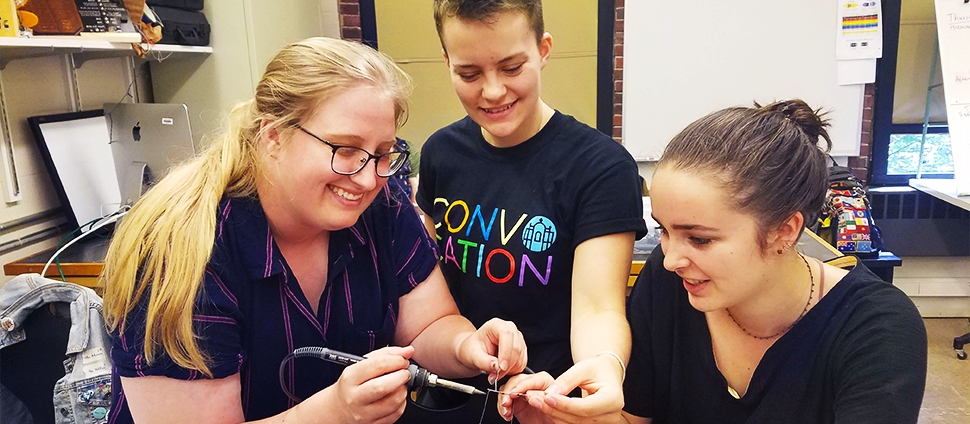Document Type
Article
Publication Date
1998
Publication Title
Journal of Engineering Education
Abstract
In a longitudinal study at North Carolina State University, a cohort of students took five chemical engineering courses taught by the same instructor in five consecutive semesters. The courses made extensive use of active and cooperative learning and a variety of other techniques designed to address a broad spectrum of learning styles. Previous reports on the study summarized the instructional methods used in the experimental course sequence, described the performance of the cohort in the introductory chemical engineering course, and examined performance and attitude differences between students from rural and urban backgrounds and between male and female students.1–4 This paper compares outcomes for the experimental cohort with outcomes for students in a traditionally‐taught comparison group. The experimental group outperformed the comparison group on a number of measures, including retention and graduation in chemical engineering, and many more of the graduates in this group chose to pursue advanced study in the field. Since the experimental instructional model did not require small classes (the smallest of the experimental classes had 90 students) or specially equipped classrooms, it should be adaptable to any engineering curriculum at any institution.
Volume
87
Issue
4
First Page
469
DOI
doi.org/10.1002/j.2168-9830.1998.tb00381.x
Rights
©the authors
Version
Version of Record
Recommended Citation
Felder, Richard M.; Felder, Gary; and Dietz, E. Jacquelin, "A Longitudinal Study of Engineering Student Performance and Retention. V. Comparisons with Traditionally-Taught Students" (1998). Physics: Faculty Publications, Smith College, Northampton, MA.
https://scholarworks.smith.edu/phy_facpubs/47


